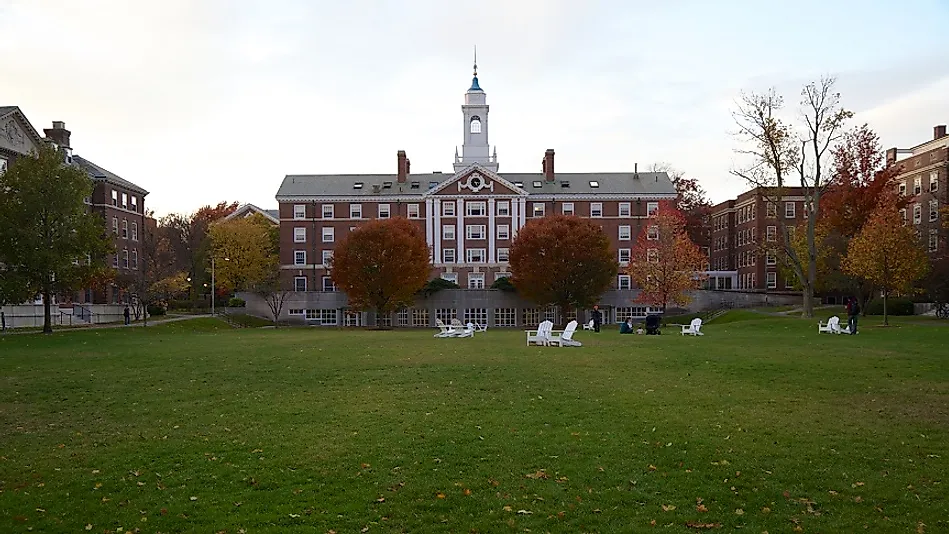FG reiterates its commitment to reducing adult illiteracy in Nigeria


As part of its deliberate efforts to combat adult illiteracy in Nigeria, the Federal Government has launched about 13 new infrastructure projects at the National Mass Literacy and Adult Education Commission (NMEC), Kano Centre, via Public-Private Partnership (PPP).
According to reports, more than 76 million adults, or 38% of Nigeria’s population of over 200 million, are unable to read or write, despite increased efforts to raise literacy levels in the country.
At the global level, a report by Action Education in September 2023 indicated “that 773 million adults in the world, around 14% of the population, cannot read or write. Two-thirds of them are women. Yet literacy is a fundamental human right”.
Dr Yusuf Sununu, Minister of State for Education, emphasised the current administration of President Bola Ahmed Tinubu’s commitment to addressing the country’s illiteracy problem head on.
According to him, the projects being carried out in Kano would address the issues of providing literacy instruction to adults throughout the country.
According to him, this is a significant obstacle that impedes the country’s overall development and progress.
The stakeholders’ engagement focuses on the proposed Land Swap agreement for the building of vital infrastructure in Kano State, which will be delivered by Maslaha Homes.
Sununu stated that it is regrettable that Nigeria still has a large percentage of adults who are either illiterate or have poor literacy abilities.
“This is another milestone and progress in the ministry, and we will be having it with private public partnership, and this is also part of President Bola Tinubu’s eight-point agenda.
“Government cannot do it alone and all of us need this as stakeholders to bring development and move the country forward.
“We have a regulation guiding us which we will use to ensure that the plots that have laid fallow over the years are put to best use in our time,” he said.
The minister said the 13 new infrastructural projects will include state-of- the-art classrooms, clinic, library, hostels, a lecture theatre and recreational facilities that were hitherto lacking.
He added that the projects would not only enhance learning at the centre, but also provide a conducive environment for entrepreneurship within the impacted corridor.
“The Kano Centre of the National Mass Literacy Centre plays a crucial role in addressing this challenge by providing literacy education to adults across the country.
“However, to effectively fulfil its mandate and reach more people, it is essential to have the necessary infrastructure and resources in place.
“This is where the proposed development of 13 critical infrastructures through land swap Public-Private Partnership comes into play.
“Through this innovative approach, we will be able to leverage the expertise, resources and capabilities of the private sector to create modern and functional learning facilities for the Centre,” Sununu said.
Executive Secretary, NMEC, Professor Simon Akpama, expressed confidence that collective efforts and sustained collaborations between the public and private sector will make a significant impact on the lives of youths and adults.
Akpama said this initiative will also empower youths and adults to contribute their quota to national development.







